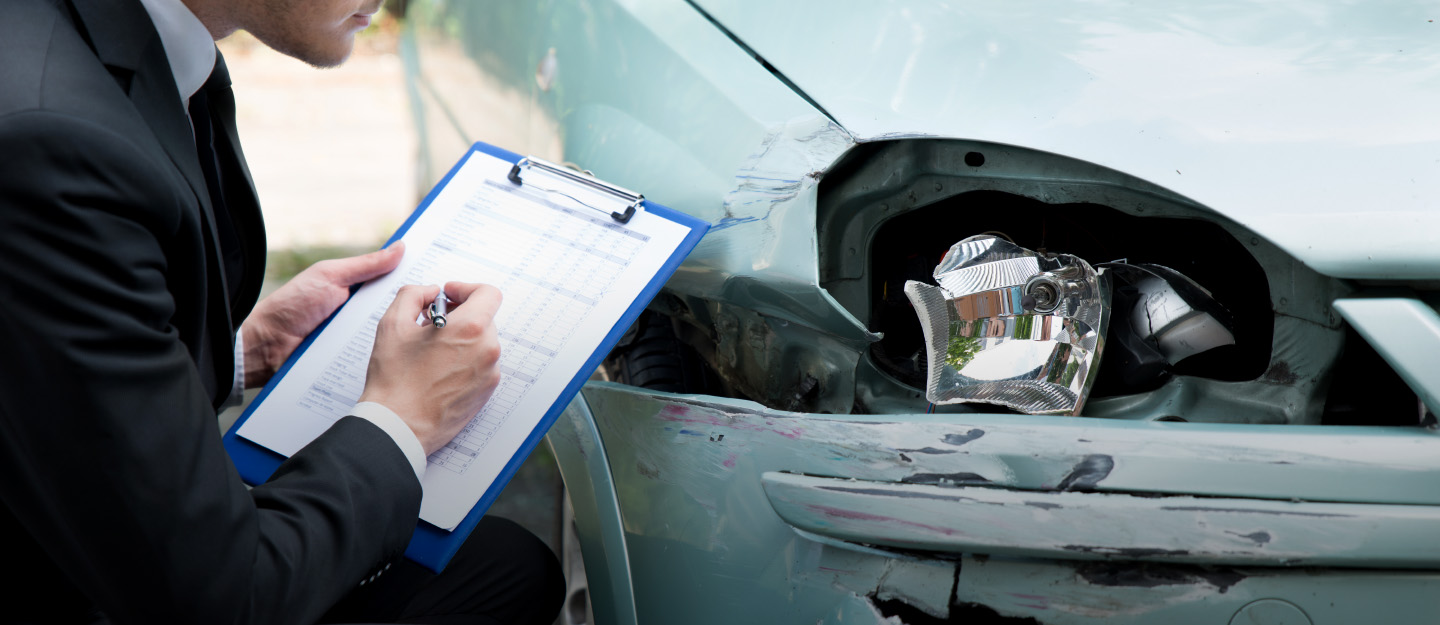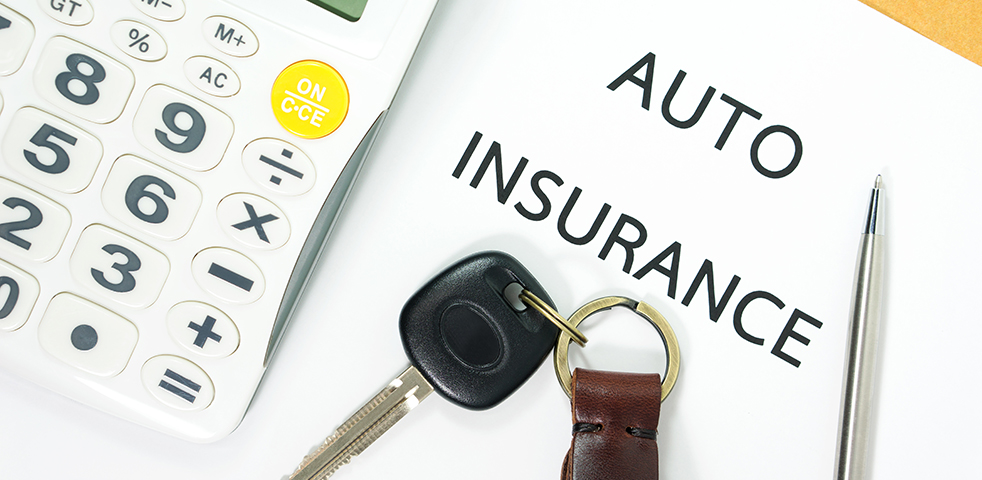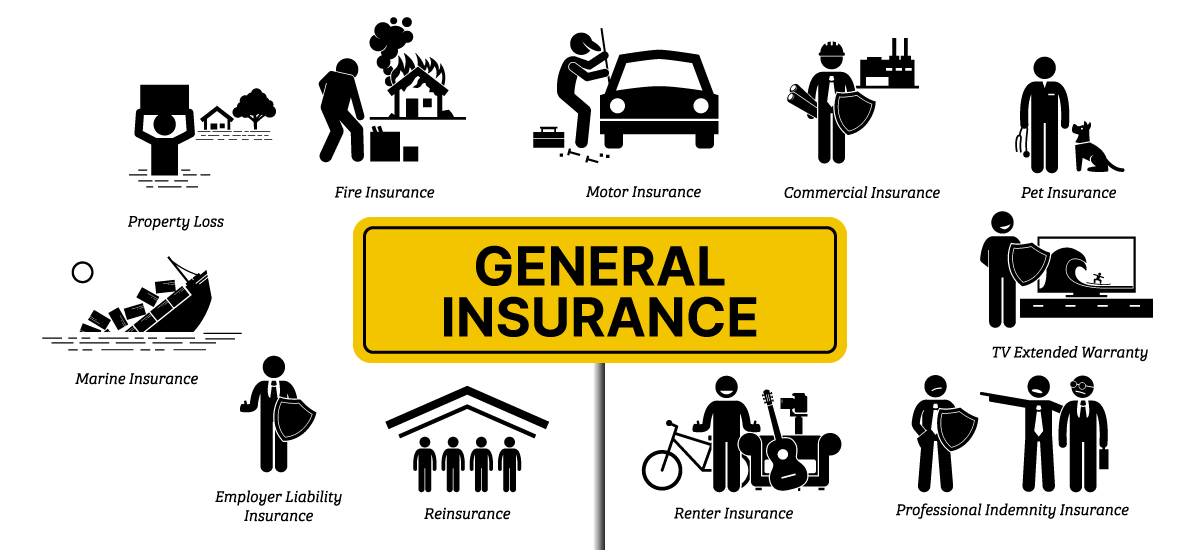Genres/Tags: Action, Fantasy, Shooter, First-person, 3D
Companies: Flying Wild Hog, Devolver Digital
Languages: RUS/ENG/MULTI11
Original Size: 23.1 GB
Repack Size: from 15.2 GB [Selective Download]
5 Reasons Why You Need Auto Insurance
Auto insurance is, above all else, protection against financial loss in the event of an accident or theft. Without it, you run the risk of having to pay thousands of dollars in repair costs or even face criminal charges if you get into an accident with someone who doesn’t have insurance and they are injured. But auto insurance doesn’t just cover accidents; there are also coverage options that can help protect you from other financial losses related to your car. Here are five reasons why you need auto insurance.
1) To protect your vehicle
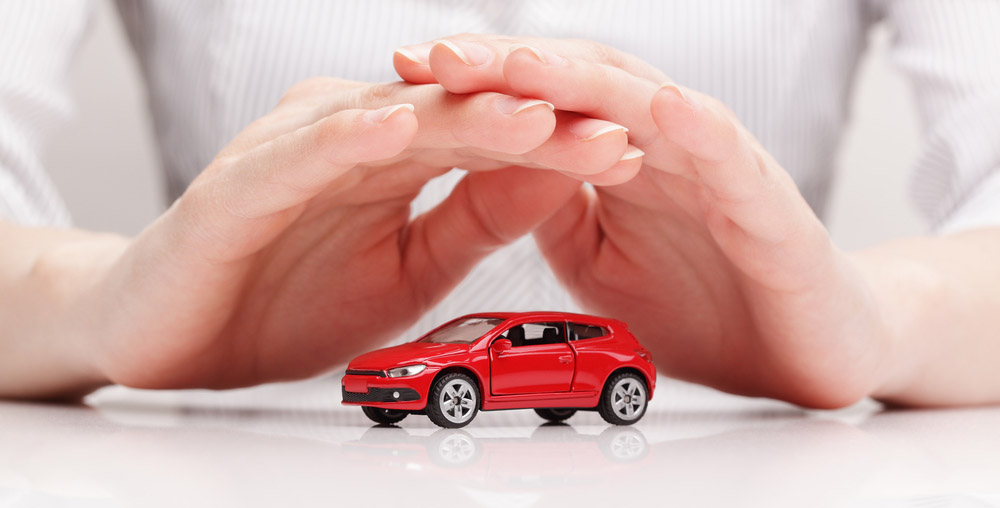
If you drive a car, truck, or other vehicle in Seattle, it’s important to protect your investment with auto insurance. If your car is totaled after an accident or stolen by a thief, you want to be sure that you are compensated for its current market value. This way, you can get back on your feet and quickly buy a new vehicle without worrying about having enough money to make payments. There’s no need to be left scrambling for cash when someone else’s carelessness wrecks your ride. It only takes one accident to ruin your finances—don’t let it happen! To protect yourself: Even if you don’t own a car, purchasing auto insurance will still benefit you. Your coverage includes medical expenses if you are injured in an accident as well as lost wages if there is damage to your property (e.g., if someone hits your fence). It also covers any legal fees associated with these accidents—it’s not worth risking injury or legal trouble just because you couldn’t afford coverage! To help others: The most common reason people purchase insurance is to help out friends and family members who might not have any financial resources of their own available should they become injured or otherwise unable to work following an accident. If you live in a city like Seattle where public transportation is easy to use, it’s possible that many of your loved ones could end up being reliant on you for transportation. Protect them from losing their jobs and/or suffering severe physical injuries by helping them keep up with their auto insurance payments. For peace of mind: Finally, even if none of these situations apply to you personally, buying auto insurance gives you peace of mind knowing that all bases are covered in case something does go wrong. If nothing else, think about how much stress would be eliminated from your life if everything was taken care of ahead of time!
2) To protect your other assets
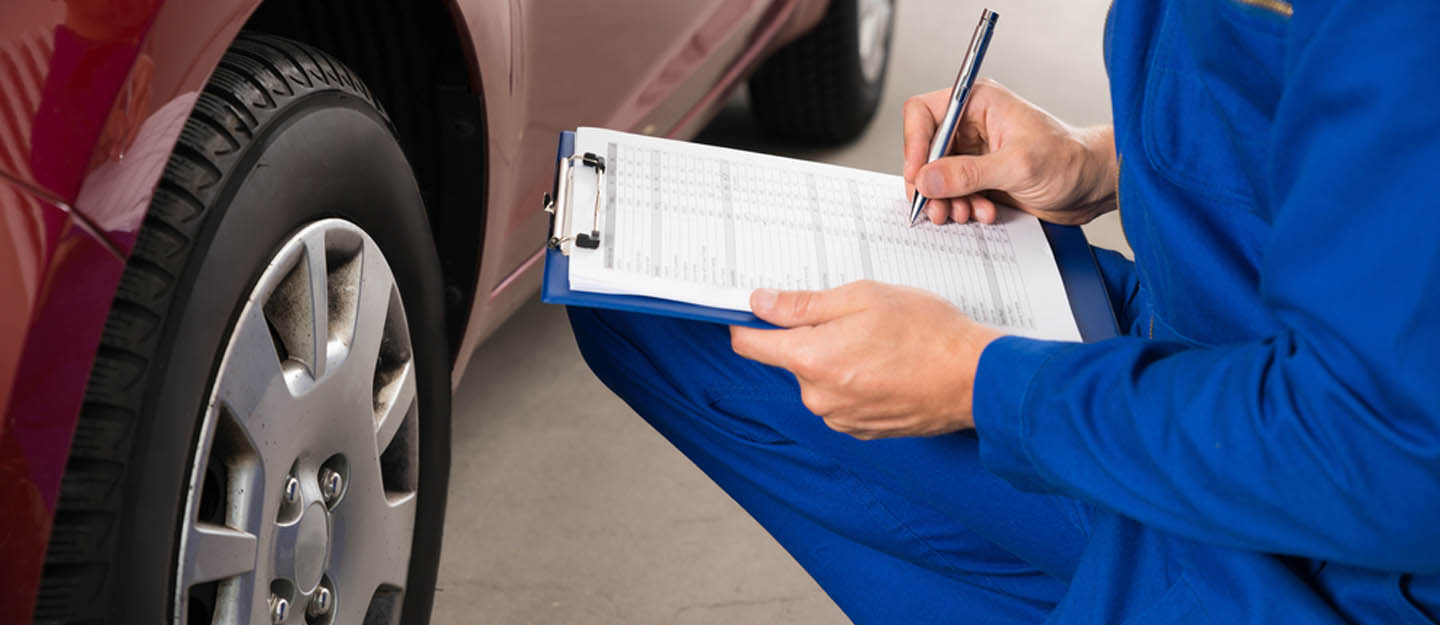
While your car is obviously a major asset, it’s not the only thing that can be damaged by an accident. If you have a lot of other assets—particularly expensive things like electronics or jewelry—make sure you have enough insurance to replace these items if they are stolen from your car. Many insurance companies offer special packages at reduced rates for customers who want to protect their other valuables as well as their vehicle. When choosing an auto insurance policy, make sure you read through all of your options carefully and check whether any of them would be helpful in protecting against financial loss in case of theft. For example, most policies cover personal injury costs in case another driver hits you and causes damage to your car (and possibly to people inside). However, some also cover damages caused by vandalism or rioting during protests. Before making a final decision on which policy to buy, check out customer reviews and find out what people say about their experiences with various insurers. It’s easy to get sucked into big promises made by salespeople during face-to-face meetings—but once you sign up for a policy, there may be little room for changes unless you opt for more coverage later on.
3) To keep your family protected
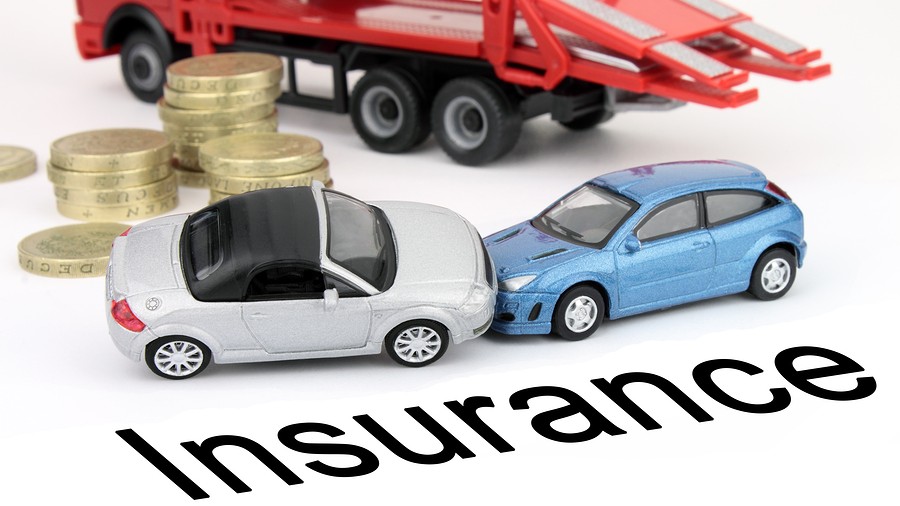
Accidents and thefts happen, even if you take every precaution possible. By purchasing auto insurance, you’re ensuring that your family has access to financial assistance in times of need. Protecting your home and vehicle is one thing, but leaving your family unprotected is another. If you don’t purchase auto insurance today, there’s no telling what tomorrow may bring. Purchasing auto insurance gives you a sense of security that can’t be replaced with anything else—it’s one less worry for yourself and those who depend on you most. If it sounds like we’re exaggerating, consider how much money you spend every year on gas alone; wouldn’t it be nice to have some of that back? What about new tires or a parking ticket? All these things add up quickly, especially when they happen unexpectedly. The right kind of coverage will make sure your family is taken care of should something unexpected occur. It could be an inconvenience as simple as getting towed or much more serious like hospital bills after an accident caused by someone else’s negligence. Either way, having adequate coverage will ensure you never have to worry about where your next dollar will come from or how long it’ll take before everything returns to normal again.
4) To meet state law requirements
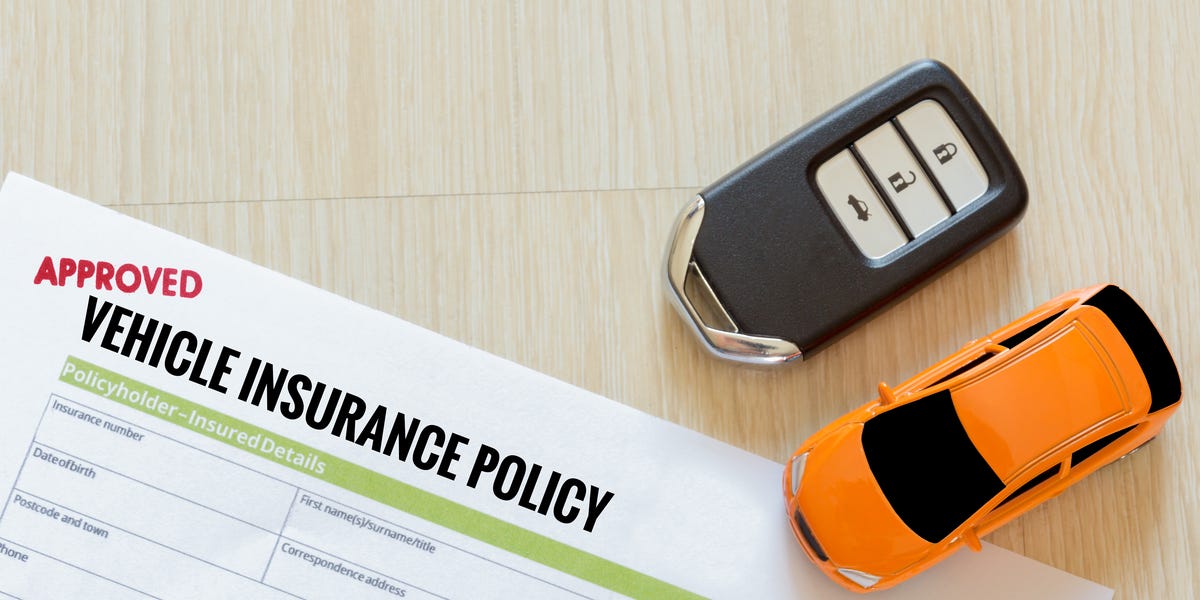
The law in most states says that you must carry auto insurance. Each state has its own laws, but they all say that you need some kind of coverage in case you get into an accident. Some of these laws require specific types of coverage, such as liability or comprehensive and collision, while others require a certain amount of coverage. Check with your state’s department of motor vehicles to find out what your state requires. If you don’t have it, expect to pay fines. For example, if you live in Texas and don’t have car insurance, it could cost up to $1,000 per month (yes—per month) for three years. Other states charge penalties on a sliding scale based on how long you go without coverage; New Jersey will tack on $100 per day until you reach a maximum penalty of $5,000. While those are big numbers, having car insurance is cheaper than getting fined for not having it. If you decide not to buy auto insurance after doing your research, consider raising your deductibles so that if you do get into an accident, you won’t be financially devastated by paying out-of-pocket costs before receiving compensation from your insurer.
5) To give yourself peace of mind

If you own a car, it’s essential to have auto insurance. It can give you peace of mind knowing that if an accident happens and your car is damaged or stolen, you are covered up to your limits. Even if someone else is at fault, you can avoid putting additional financial stress on yourself by not having to pay for all of these things out of pocket. Having auto insurance can protect you from unforeseen circumstances and accidents that could cost you thousands of dollars in medical bills or car repairs. Additionally, your state may require you to carry auto insurance before registering your vehicle with them. These laws differ based on where you live but can help prevent you from getting into trouble with local authorities if they find out that you don’t have insurance without proper documentation. By purchasing auto insurance, you are protecting yourself against potential harm while driving and paying a reasonable amount each month so that something unfortunate doesn’t put undue financial strain on your life. It’s also important to know what type of coverage options there are when purchasing car insurance so that you can choose which ones will work best for your needs as well as ensure adequate protection for any damage or theft that may occur during ownership.
